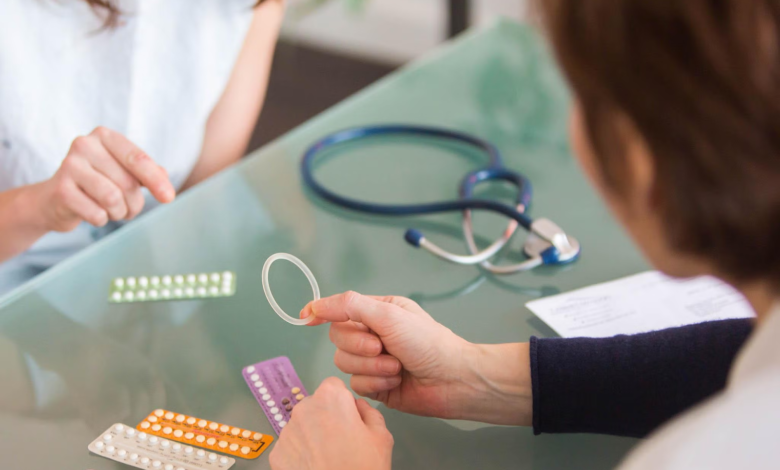Doctor’s Guide to Emergency Contraceptive Pills: How to Take Them Safely

Emergency contraceptive pills (often called the “morning-after pill”) are a form of birth control designed for use after unprotected sex or contraceptive failure.
According to pafikutaikab.org, that Doctors emphasize that while these pills can be effective, they should be taken correctly and responsibly to ensure safety and effectiveness.
What Are Emergency Contraceptive Pills?
Emergency contraceptives contain hormones that prevent or delay ovulation, making it harder for pregnancy to occur. Unlike regular birth control pills, they are not intended for continuous use but as a backup method.
When Should They Be Taken?
Doctors recommend taking emergency contraceptive pills as soon as possible after unprotected intercourse. The sooner they are taken, the higher the effectiveness. Generally, the pills should be consumed within 72 hours, though some types can be effective up to 120 hours (5 days).
“Timing is crucial,” explained a gynecologist in Jakarta. “The earlier the pill is taken, the more likely it will prevent pregnancy.”
How to Take Them Safely
Emergency contraceptive pills are usually taken in a single dose, depending on the brand and formulation. Doctors stress the importance of reading instructions carefully or consulting a healthcare provider.
They also highlight that these pills are not intended as a primary method of contraception. “Emergency pills are safe for occasional use, but not as a substitute for regular birth control,” said the gynecologist.
Possible Side Effects
Like other medications, emergency contraceptive pills may cause side effects, which are usually temporary. Common symptoms include:
- Nausea or vomiting
- Dizziness
- Fatigue
- Headache
- Breast tenderness
- Changes in menstrual cycle (earlier or later than expected)
If vomiting occurs within two hours after taking the pill, doctors recommend retaking the dose to ensure effectiveness.
Important Considerations
Doctors remind the public that emergency contraceptive pills do not protect against sexually transmitted infections (STIs). They also should not be used as a regular birth control option due to lower overall effectiveness compared to daily contraceptive pills, intrauterine devices (IUDs), or implants.
“Emergency pills are an important safety net, but consistent and planned contraception is always better for long-term health,” the gynecologist added.
Conclusion
Emergency contraceptive pills provide a safe and effective way to reduce the risk of unintended pregnancy when taken correctly. However, they should always be used responsibly and accompanied by consultation with healthcare professionals.




